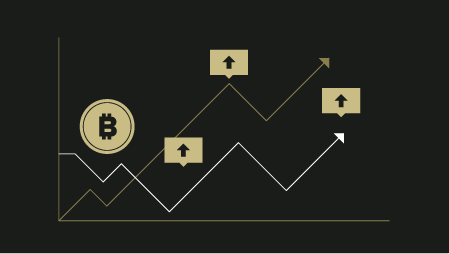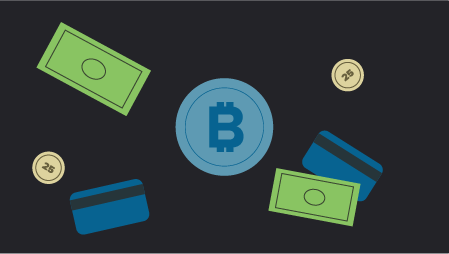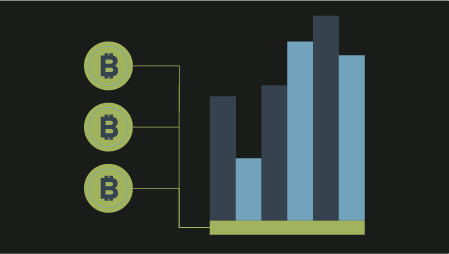Artificial intelligence has shown incredible promise in countless industries. The financial sector is beginning to see a substantial payoff as it focuses more on AI technology. An analysis from Accenture showed that artificial intelligence has led to $140 billion in productivity gains in the financial industry.
However, the application of AI in different factions of the financial industry has yielded varying results. AI has proven to be incredibly valuable in the insurance sector, since actuaries have used it to improve their underwriting capabilities. It can also be great with decentralized finance. On the other hand, institutional and individual stock investors have been met with mixed results.
This is not to say that AI can’t be beneficial with some markets. Stock market investors might not benefit from AI, but some forex traders can. Experts are talking about automation and AI in forex and shown that it can be very useful in placing successful trades. Unfortunately, stock and bond traders haven’t benefited to the same degree.
A number of financial professionals have claimed that AI will help crack the code of the stock market. Other experts have argued that this is not likely to happen. However, AI still offers some useful features for investors, even if it won’t help them beat the market.
Limitations of AI for Stock Investors
Most experts agree that the stock market is governed by the efficient market hypothesis. This theory stipulates that the prices for stocks, bonds and other assets on large financial markets already account for all known information. Under this theory, it is virtually impossible to consistently beat the market.
Some financial professionals, such as Warren Buffett argue that the efficient market hypothesis is a sham. Buffett has earned around a 20% ROI for decades. However, he is in a unique situation to earn these types of returns. His firm, Berkshire Hathaway, owns a large majority in many of the companies that it invests. This gives them a lot of hands-on control over company management. They can improve the business models of promising companies and totally overhaul businesses that are struggling. This gives Buffett a lot more opportunities to earn investing rates of return that are far ahead of the market average.
The truth is that there is a lot of empirical evidence that supports the efficient market hypothesis. Nevertheless, some experts believe that they can still beat the market with the use of artificial intelligence.
This logic doesn’t make as much sense, when you consider that lots of investors will have access to artificial intelligence software. They obviously can’t all outperform the market, but there is still an illusion of unfettered opportunities among the trading community.
How Do AI Trading Models Fare in Real Life?
Some data scientists have been enamored with the idea of building artificial intelligence models to predict the market. Some of them have actually given it a try, but the results were not particularly promising.
Jason Bowling, a programmer and technology writer for Towards Data Science, made an attempt to create one of these models. He used historical stock market data to train his program to predict future stock prices. The program was written in Python and used some of the most sophisticated libraries available.
When Jason first started running his analysis, he found some interesting insights. It appeared that he would be able to make substantial profits by following the recommendations of his predictive analytics program. He wondered if he had finally cracked the secret to the stock market. He didn’t invest real money, but tried to see how his model would have performed if he did.
Unfortunately, the results were not nearly as promising in real life. Jason found that his simulation made some money in about half of the scenarios that he tested. In the other half, he faced terrifying losses.
Jason admitted that he was overly optimistic when he created his predictive analytics program, but had to accept a huge dose of reality.
“There was no subtle underlying pattern. The model had simply gotten lucky a few times by sheer chance, and I had cherry picked those instances. It was not repeatable,” Jason wrote. “Thus, it was driven home — machine learning is not magic. It can’t predict a random sequence, and you have to be very careful of your own biases when training models. Careful validation is critical.”
How Can AI Help with Stock Trading?
Artificial intelligence might not help you beat the stock market. However, there are still some important benefits it provides. One benefit is that you can use machine learning to improve returns in other markets, such as FOREX. You can also use artificial intelligence to help you reach your investing goals, even if they don’t involve getting a higher return than the market. For example, you might want to better outline your tolerance for risk, which predictive analytics software can help you with.





